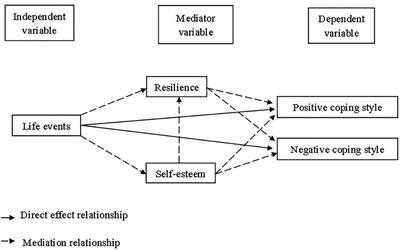
Optimism and resilience are two concepts that are closely intertwined, particularly when it comes to dealing with stress. Numerous studies have shown that individuals who possess a positive outlook on life tend to be more resilient in the face of adversity.
Optimism can be described as a mental attitude characterized by a belief in the possibility of positive outcomes, even in the midst of difficult circumstances. It involves having hope and confidence in one’s ability to overcome challenges. Resilience, on the other hand, refers to the ability to bounce back from setbacks, adapt to change, and maintain a sense of well-being.
The links between optimism and resilience are evident in the way individuals with an optimistic mindset approach stressful situations. They are more likely to view setbacks as temporary and solvable, rather than permanent and insurmountable. This positive mindset enables them to stay motivated and persevere in the face of adversity.
Furthermore, optimism has been found to have a direct impact on physical and mental health, which in turn contributes to greater resilience. Research has shown that optimistic individuals are more likely to engage in healthy behaviors, such as regular exercise and proper nutrition, which can help buffer the negative effects of stress.
Optimism and its impact on mental health
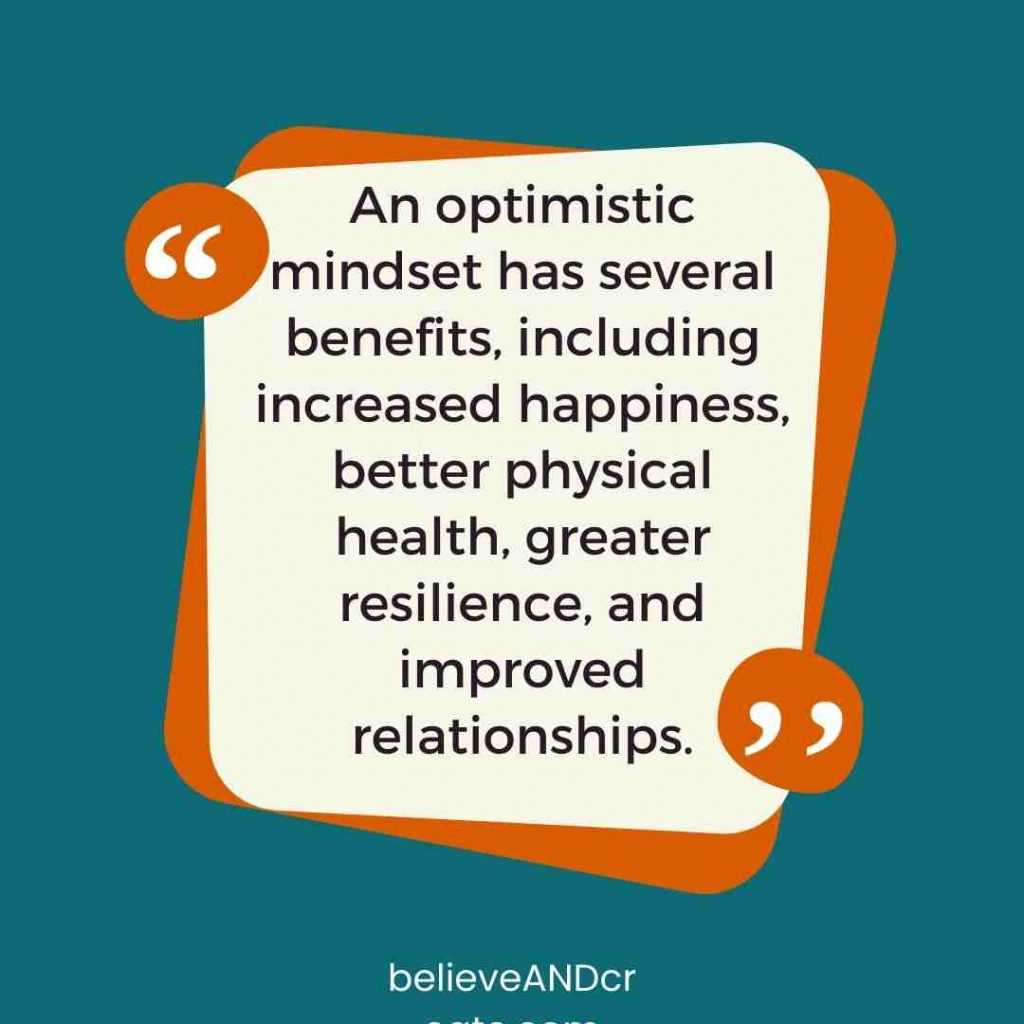
The links between optimism and resilience to stress are well-documented. Optimism, defined as a positive outlook on life and the belief that good things will happen, has been found to have a significant impact on mental health. Research has shown that individuals who are optimistic are more likely to experience lower levels of stress, anxiety, and depression.
One of the key reasons for this is that optimism helps individuals develop a more positive mindset, which in turn helps them cope with stress and adversity. When faced with a difficult situation, optimistic individuals are more likely to view it as a challenge rather than a threat. They believe that they have the ability to overcome obstacles and achieve their goals, which gives them a sense of control and reduces feelings of helplessness.
Furthermore, optimism has been found to have a direct impact on the body’s stress response. Research has shown that optimists have lower levels of stress hormones, such as cortisol, and experience a quicker recovery from stressful events. This not only has a positive effect on mental health, but also on physical health, as chronic stress has been linked to a wide range of health problems.
In addition to its impact on stress and resilience, optimism has also been found to have a positive effect on overall well-being. Optimistic individuals tend to have higher levels of life satisfaction, happiness, and self-esteem. They are more likely to engage in healthy behaviors, such as regular exercise and a balanced diet, and have stronger social support networks.
Overall, the links between optimism and resilience to stress are clear. Cultivating a positive outlook on life can have a significant impact on mental health, helping individuals better cope with stress, maintain a positive mindset, and improve overall well-being.
Positive mindset and stress management
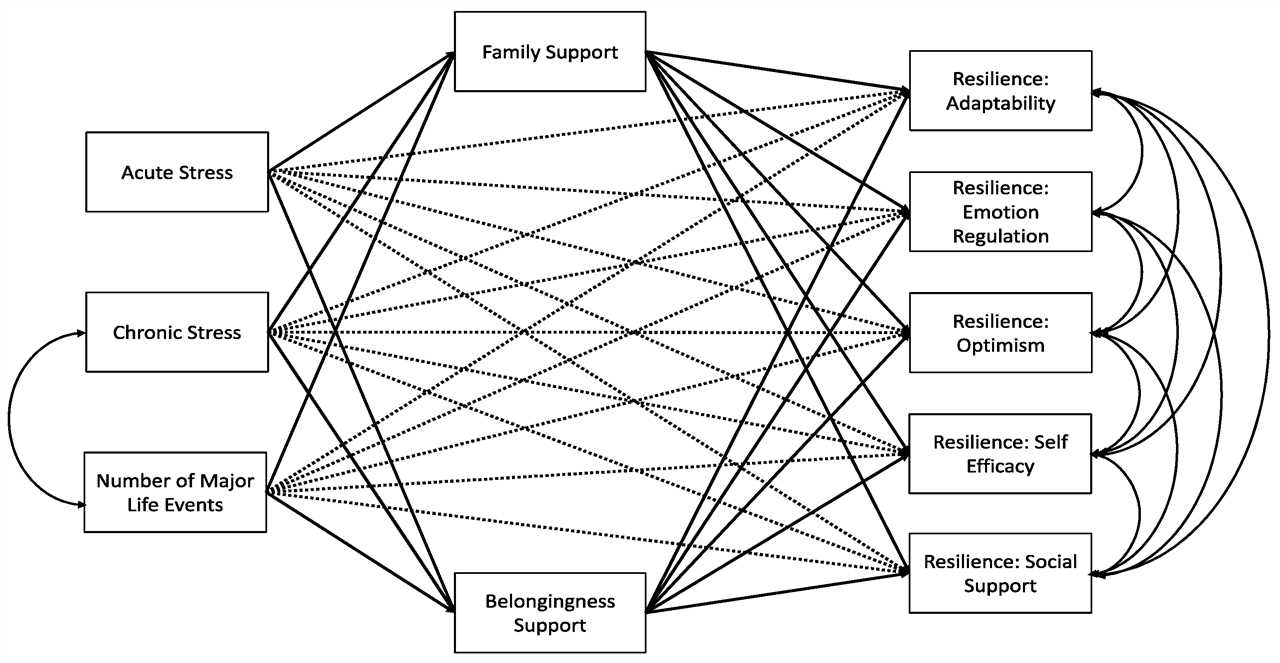
The links between optimism and resilience to stress are well-documented. Studies have shown that individuals with a positive mindset are better equipped to handle and manage stress. Optimism allows individuals to view stress as a challenge rather than a threat, which can lead to more effective coping strategies.
Resilience, on the other hand, refers to an individual’s ability to bounce back from stressful situations. It is closely related to optimism, as individuals with a positive mindset are more likely to exhibit resilience in the face of adversity. Resilience allows individuals to adapt and recover from stress, ultimately leading to improved mental and physical well-being.
Stress is an inevitable part of life, and it can have a negative impact on both physical and mental health. However, by cultivating a positive mindset and practicing effective stress management techniques, individuals can build resilience and better navigate the challenges of life.
- One important aspect of stress management is self-care. Taking care of oneself physically, mentally, and emotionally can help build resilience and improve overall well-being. This can include activities such as exercise, getting enough sleep, practicing mindfulness or meditation, and engaging in hobbies or activities that bring joy.
- Another key component of stress management is developing effective coping strategies. This can include problem-solving skills, positive self-talk, and seeking support from others. It is important to recognize and address stressors in a healthy and proactive manner, rather than letting them build up and overwhelm.
- Additionally, maintaining a strong support network can greatly contribute to resilience and stress management. Having trusted friends, family members, or professionals to turn to for support and guidance can help individuals navigate difficult times and provide a sense of stability and reassurance.
In conclusion, cultivating a positive mindset and practicing effective stress management techniques can greatly enhance resilience to stress. By viewing stress as a challenge rather than a threat, individuals can develop the skills and mindset needed to adapt and recover from stressful situations. Ultimately, this can lead to improved well-being and a greater ability to handle the challenges of life.
Optimism and coping mechanisms
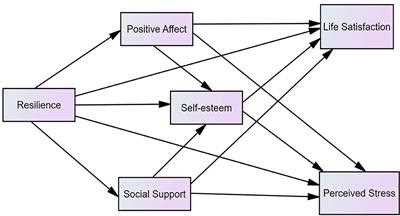
There are strong links between optimism and resilience to stress. Optimism, which involves having a positive outlook and expecting positive outcomes, can help individuals cope with stress more effectively.
Resilience refers to the ability to bounce back from difficult situations and adapt to challenges. It is an essential characteristic for maintaining mental and emotional well-being in the face of stress.
Studies have shown that individuals who are more optimistic tend to have better coping mechanisms when dealing with stress. They are more likely to engage in problem-solving strategies, seek social support, and maintain a positive attitude.
Optimism provides individuals with the belief that they can overcome challenges and find solutions to problems. This mindset can help reduce feelings of helplessness and increase motivation to take action.
Furthermore, optimism has been found to have a direct impact on physical health. Research has shown that optimistic individuals have lower levels of stress hormones, improved immune function, and better overall health outcomes.
Overall, cultivating optimism can be a powerful coping mechanism in the face of stress. It can help individuals build resilience, maintain mental well-being, and navigate challenges with a positive mindset.
Optimism and emotional well-being
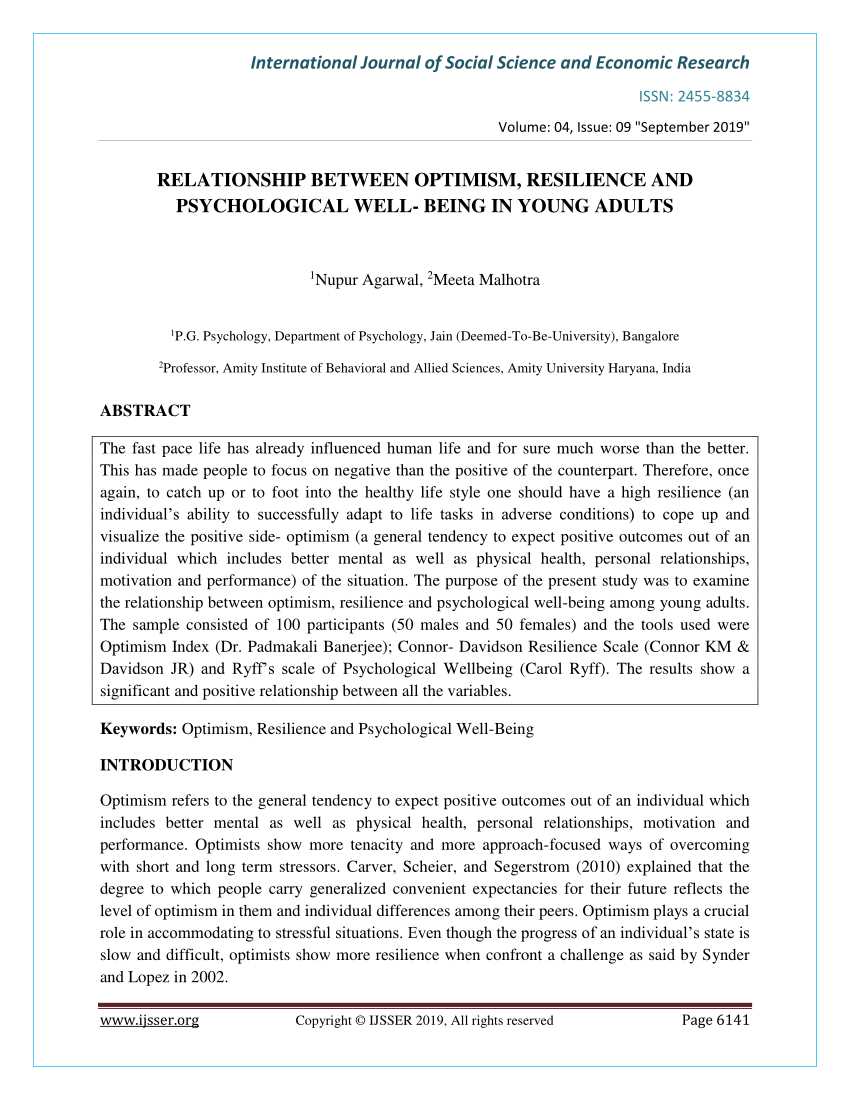
There is a strong connection between optimism and emotional well-being. Optimism refers to the belief that positive outcomes are more likely to occur, while emotional well-being encompasses feelings of happiness, satisfaction, and overall mental health. Research has shown that individuals who possess a more optimistic outlook tend to experience higher levels of emotional well-being.
One of the key links between optimism and emotional well-being is their impact on stress resilience. Stress is a natural part of life, and individuals who are more optimistic are better equipped to handle and bounce back from stressful situations. Optimistic individuals tend to view stress as a challenge rather than a threat, which allows them to approach difficult situations with a positive mindset. This positive mindset can help reduce the negative impact of stress on emotional well-being.
Furthermore, optimism has been found to be associated with better coping mechanisms. When faced with adversity, optimistic individuals are more likely to use problem-solving strategies and seek social support, which can help them navigate through difficult times. This ability to effectively cope with stressors contributes to higher levels of emotional well-being.
It is important to note that optimism and emotional well-being are not solely determined by genetics or personality traits. They can be cultivated and developed through various interventions such as cognitive-behavioral therapy and positive psychology exercises. By practicing gratitude, reframing negative thoughts, and focusing on strengths and accomplishments, individuals can enhance their optimism and ultimately improve their emotional well-being.
Resilience to stress and its connection to optimism
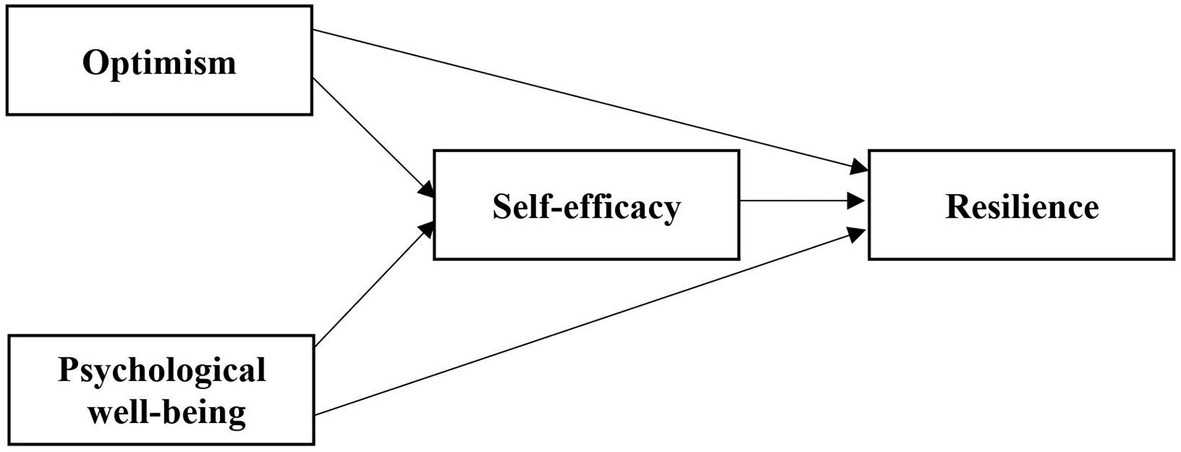
Resilience to stress and optimism are closely linked. Research has shown that individuals who possess a high level of optimism are more likely to exhibit resilience in the face of stressful situations. This connection between optimism and resilience is important because it suggests that cultivating a positive outlook can help individuals better cope with and adapt to stress.
Stress is a natural part of life, and everyone experiences it to some degree. However, not everyone responds to stress in the same way. Some individuals are able to bounce back quickly from stressful events, while others may struggle to recover. This ability to bounce back is known as resilience.
Optimism, on the other hand, refers to a positive outlook on life and the belief that things will generally work out for the best. Optimistic individuals tend to view stressful situations as temporary and manageable, which can help them maintain a sense of control and reduce the negative impact of stress on their well-being.
Studies have shown that individuals who are more optimistic are more likely to engage in adaptive coping strategies when faced with stress. These strategies may include seeking social support, problem-solving, and reframing negative situations in a more positive light. By adopting these coping strategies, individuals can effectively manage stress and maintain their overall well-being.
Furthermore, optimism has been found to have a protective effect on both physical and mental health. Optimistic individuals tend to have lower levels of stress hormones, such as cortisol, and are less likely to develop stress-related disorders, such as anxiety and depression.
In conclusion, the links between optimism and resilience to stress are clear. By cultivating a positive outlook and adopting adaptive coping strategies, individuals can enhance their resilience and better navigate the challenges of life. This connection highlights the importance of promoting optimism as a means of promoting well-being and reducing the negative impact of stress.
Building resilience through optimistic thinking
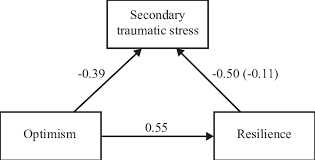
The links between optimism and resilience to stress are well-established. Research has shown that individuals who possess an optimistic outlook are more likely to bounce back from difficult situations and maintain a positive mental state in the face of adversity. Optimism can be thought of as a mindset that views setbacks as temporary and solvable, rather than permanent and insurmountable.
Resilience, on the other hand, refers to an individual’s ability to adapt and recover from stress or trauma. It is the capacity to withstand and bounce back from challenging circumstances. By cultivating an optimistic mindset, individuals can enhance their resilience and better cope with the inevitable stressors of life.
Optimism and resilience are intertwined, as they both involve a positive outlook and a belief in one’s ability to overcome difficulties. Research has shown that optimism can act as a buffer against the negative effects of stress, reducing the likelihood of developing mental health problems such as anxiety and depression.
Building resilience through optimistic thinking involves challenging negative thoughts and replacing them with more positive and realistic ones. This can be done through various techniques, such as reframing negative situations, practicing gratitude, and focusing on strengths and accomplishments. By consciously cultivating an optimistic mindset, individuals can build resilience and improve their ability to navigate through life’s challenges.
In conclusion, optimism and resilience are closely linked, and cultivating an optimistic mindset can help build resilience to stress. By adopting a positive outlook and actively challenging negative thoughts, individuals can enhance their ability to bounce back from adversity and maintain a positive mental state.
Optimism as a protective factor against stress
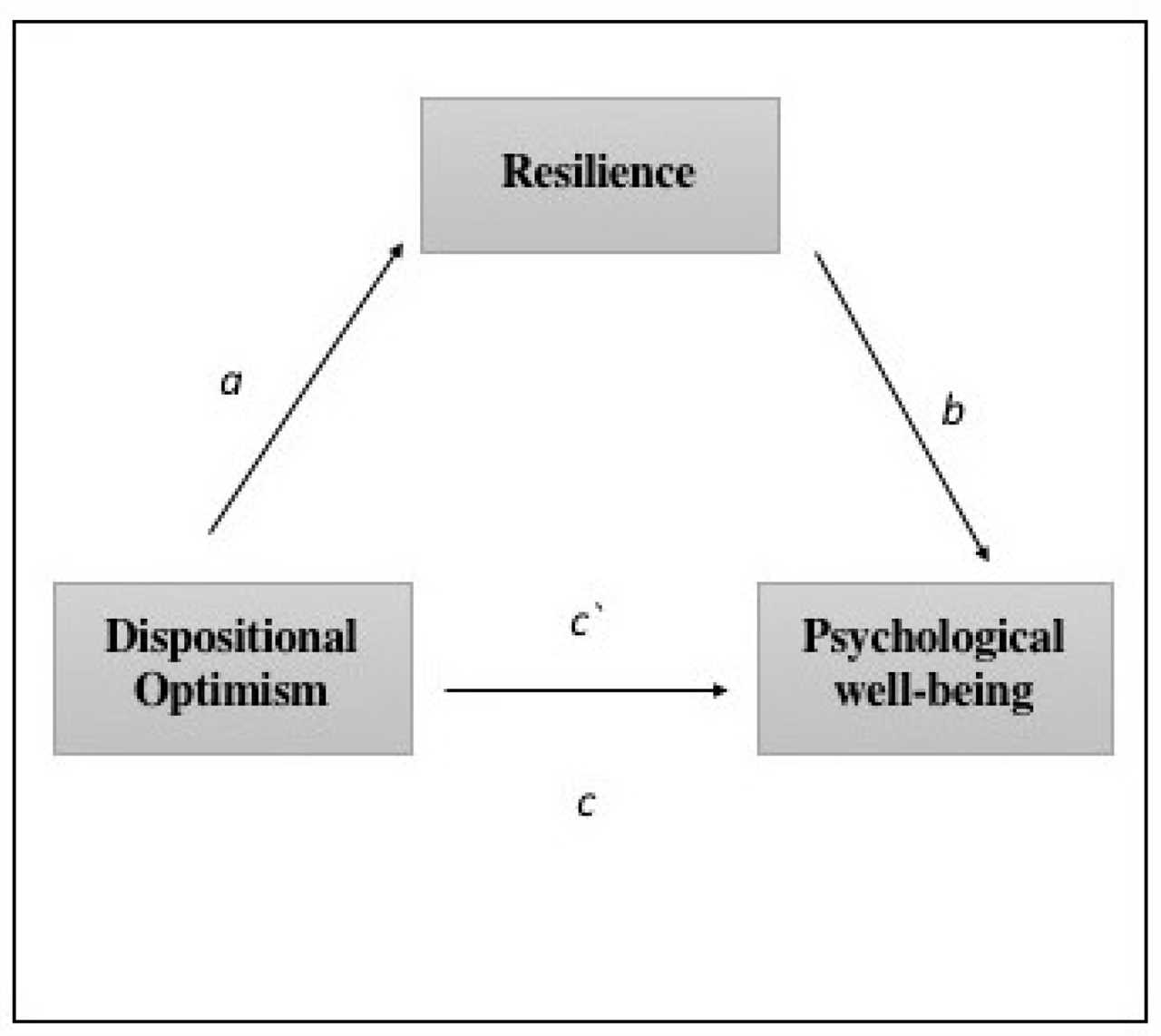
There are strong links between optimism and resilience to stress. Optimism can play a crucial role in helping individuals cope with and overcome stressful situations.
Stress is a natural response to challenging circumstances, and it is something that everyone experiences at various points in their lives. However, not everyone responds to stress in the same way. Some individuals are more resilient and better able to bounce back from stressful events, while others may struggle to cope.
Optimism, defined as a general expectation that good things will happen in the future, has been shown to be a protective factor against stress. Optimistic individuals tend to view setbacks and challenges as temporary and specific to certain situations, rather than permanent and pervasive. This cognitive style allows them to maintain a positive outlook and persevere in the face of adversity.
Research has consistently shown that optimism is associated with better mental and physical health outcomes. Optimistic individuals have been found to have lower levels of stress, anxiety, and depression, as well as better immune function and overall well-being. They are also more likely to engage in adaptive coping strategies, such as seeking social support, problem-solving, and positive reframing.
Moreover, optimism can act as a buffer against the negative effects of stress. When faced with a stressful event, optimistic individuals are more likely to interpret it as a challenge rather than a threat. This positive mindset helps to activate the body’s stress response system in a more adaptive way, leading to lower levels of physiological arousal and a faster recovery from stress.
Overall, the links between optimism and resilience to stress are clear. Cultivating an optimistic mindset can be a powerful tool for managing stress and promoting overall well-being. By reframing negative events, maintaining a positive outlook, and engaging in adaptive coping strategies, individuals can build their resilience and better navigate the challenges that life throws their way.
The role of optimism in overcoming adversity

Optimism plays a significant role in an individual’s ability to overcome adversity and bounce back from stressful situations. The links between optimism, stress, and resilience are undeniable.
Optimistic individuals tend to have a more positive outlook on life, which allows them to approach challenges with a sense of hope and determination. When faced with adversity, they are more likely to view it as a temporary setback rather than a permanent obstacle. This mindset enables them to maintain a sense of optimism and motivation, even in the face of difficult circumstances.
Moreover, optimism has been shown to have a direct impact on an individual’s ability to cope with stress. Optimistic people are better equipped to manage and regulate their emotions, which helps them navigate through stressful situations more effectively. They are less likely to become overwhelmed by stress and more likely to develop healthy coping mechanisms.
Resilience, the ability to adapt and bounce back from adversity, is closely linked to optimism. Optimistic individuals are more likely to view setbacks as opportunities for growth and learning. They are able to find meaning and purpose in difficult experiences, which allows them to emerge stronger and more resilient.
In conclusion, optimism plays a crucial role in overcoming adversity. The links between optimism, stress, and resilience are evident, as optimistic individuals are better equipped to navigate through challenging situations, manage stress, and bounce back from setbacks. Cultivating optimism can be a powerful tool in building resilience and overcoming adversity.
Practical strategies to cultivate optimism and resilience
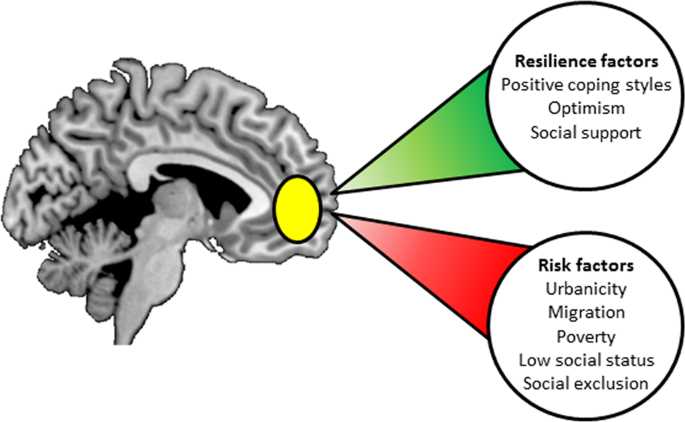
To cultivate optimism and resilience, it is important to recognize the links between optimism and resilience to stress. Optimism, which refers to a positive outlook on life, has been found to be associated with higher levels of resilience. Resilience, on the other hand, refers to the ability to bounce back from adversity and cope with stress.
One practical strategy to cultivate optimism and resilience is to practice positive self-talk. This involves consciously replacing negative thoughts with positive ones. For example, instead of thinking “I can’t do this,” try reframing it as “I can do this if I put in the effort.” By changing our internal dialogue, we can shift our perspective and build a more optimistic mindset.
Another strategy is to focus on gratitude. Taking the time to appreciate the positive aspects of our lives, no matter how small, can help build resilience. This can be done through keeping a gratitude journal, where we write down things we are grateful for each day. By actively seeking out the good in our lives, we can train our minds to be more optimistic and resilient.
Engaging in regular physical exercise is also a practical strategy to cultivate optimism and resilience. Exercise has been found to release endorphins, which are chemicals in the brain that help improve mood and reduce stress. By incorporating exercise into our daily routine, we can boost our resilience and overall well-being.
Lastly, building a strong support network is crucial for cultivating optimism and resilience. Surrounding ourselves with positive and supportive individuals can help us navigate through challenging times. Seeking support from friends, family, or even joining support groups can provide us with the encouragement and motivation needed to stay optimistic and resilient.
In conclusion, there are several practical strategies that can be implemented to cultivate optimism and resilience. By practicing positive self-talk, focusing on gratitude, engaging in regular exercise, and building a strong support network, we can strengthen our ability to cope with stress and bounce back from adversity.

I am Patrina de Silva, a psychologist and mental health blogger in Sri Lanka. After obtaining psychology degrees from the University of Colombo and Monash University, I returned home to work as a counselor while also starting the popular blog “Pressy but Happy” to provide advice on psychological issues. Over the past decade, my empathetic articles have made my blog a leading mental health resource in the country. In addition to writing, I maintain a private therapy practice, frequently volunteer counseling time, and conduct seminars, driven by my passion for destigmatizing mental illness and educating the public on the mind-body connection. I strive to be an influential voice in my field through my compassionate approach.
